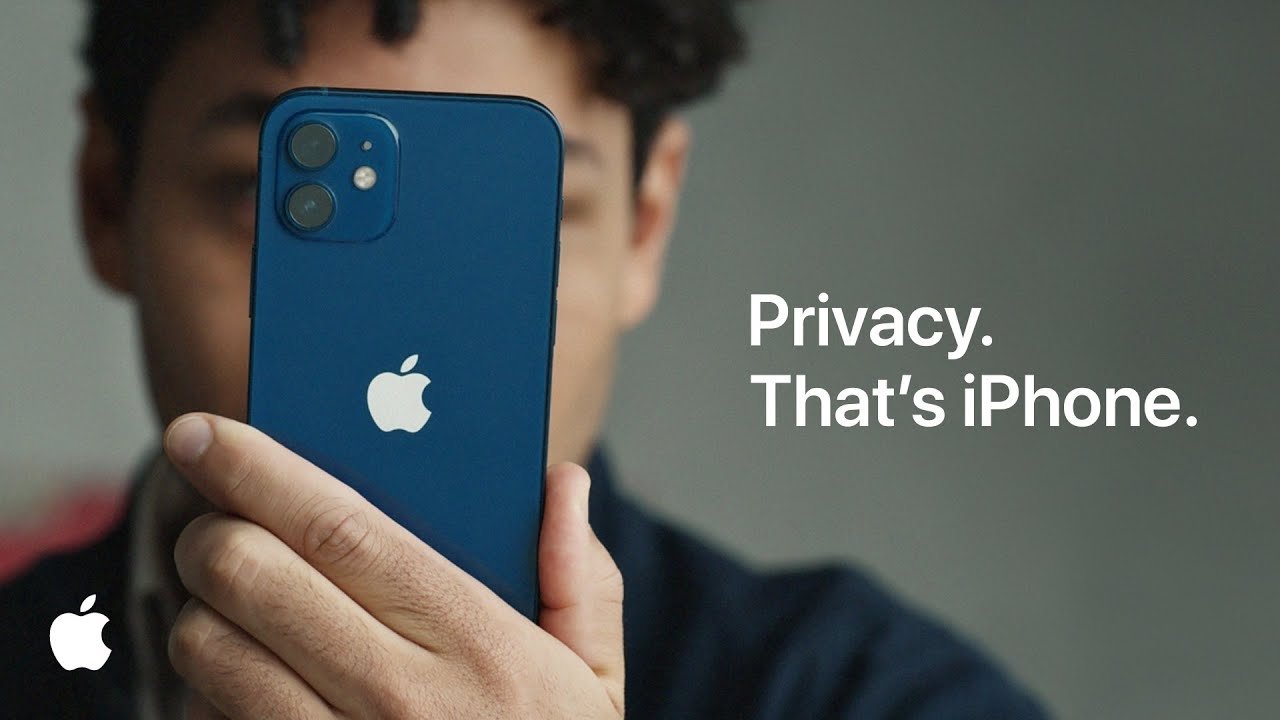Apple leaves privacy trade group citing 'weak privacy laws'
Apple has dropped out of the State Privacy and Security Coalition (SPSC) after expressing concerns that the trade group pushed legislation that would not adequately protect user data.

Image credit: Apple
The SPSC bills itself as "a coalition of major Internet, communications, retail, and media companies that works for robust and consistency data security, breach notice, privacy and consumer protection regulation," according to a letter the group penned to the Federal Trade Commission in 2016. And, apparently, Apple has left the group because the company felt that the group was not doing enough to protect consumers' privacy.
According to a report from Politico's Emily Birnbaum, the group consists of giants like AT&T, Google, Meta, and formerly, Apple.
Also as per Birnbaum's report, privacy advocates have noted that the SPSC is "pushing for weak privacy laws in the states as efforts to pass a federal privacy bill stall in Congress." The report also highlights the SPSC's hand in passing legislation that favors the industry rather than the consumer.
Apple's exit from the group comes a week before CEO Tim Cook is set to give the keynote for IAPP's Global Privacy Summit.
Apple puts privacy first across its ecosystem of devices like using end-to-end encryption or features like App Tracking Transparency. More privacy related features are expected to be announced during the 2022 Worldwide Developer Conference to be held in June.
Read on AppleInsider

Image credit: Apple
The SPSC bills itself as "a coalition of major Internet, communications, retail, and media companies that works for robust and consistency data security, breach notice, privacy and consumer protection regulation," according to a letter the group penned to the Federal Trade Commission in 2016. And, apparently, Apple has left the group because the company felt that the group was not doing enough to protect consumers' privacy.
According to a report from Politico's Emily Birnbaum, the group consists of giants like AT&T, Google, Meta, and formerly, Apple.
Also as per Birnbaum's report, privacy advocates have noted that the SPSC is "pushing for weak privacy laws in the states as efforts to pass a federal privacy bill stall in Congress." The report also highlights the SPSC's hand in passing legislation that favors the industry rather than the consumer.
Apple's exit from the group comes a week before CEO Tim Cook is set to give the keynote for IAPP's Global Privacy Summit.
Apple puts privacy first across its ecosystem of devices like using end-to-end encryption or features like App Tracking Transparency. More privacy related features are expected to be announced during the 2022 Worldwide Developer Conference to be held in June.
Read on AppleInsider

Comments
Here’s a good article on the history of the phrase and it’s current connotations. https://www.npr.org/sections/codeswitch/2013/09/19/224183763/is-it-racist-to-call-a-spade-a-spade
...ah. Yes. Then the group is doing exactly what it wants to be doing when it comes to privacy laws....nothing.
But from that article:
"To call a spade a spade" entered the English language when Nicholas Udall translated Erasmus in 1542. Famous authors who have used it in their works include Charles Dickens and W. Somerset Maugham, among others.
To be clear, the "spade" in the Erasmus translation has nothing to do with a deck of cards, but rather the gardening tool. In fact, one form of the expression that emerged later was "to call a spade a bloody shovel." The early usages of the word "spade" did not refer to either race or skin color.
...it's been used for 500 years w/o any sort of racist interpretation. The word in question has been used by *some* as a code word in a separate contextual use. The only reason one quoted source suggests not using it is "Rather than taking the chance of unintentionally offending someone or of being misunderstood". But if we abandon the non-racist phrase just because some use a word in the phrase for crappy reasons, then we have a whole bunch of other common words that should be removed as well. See the problem w/ that?